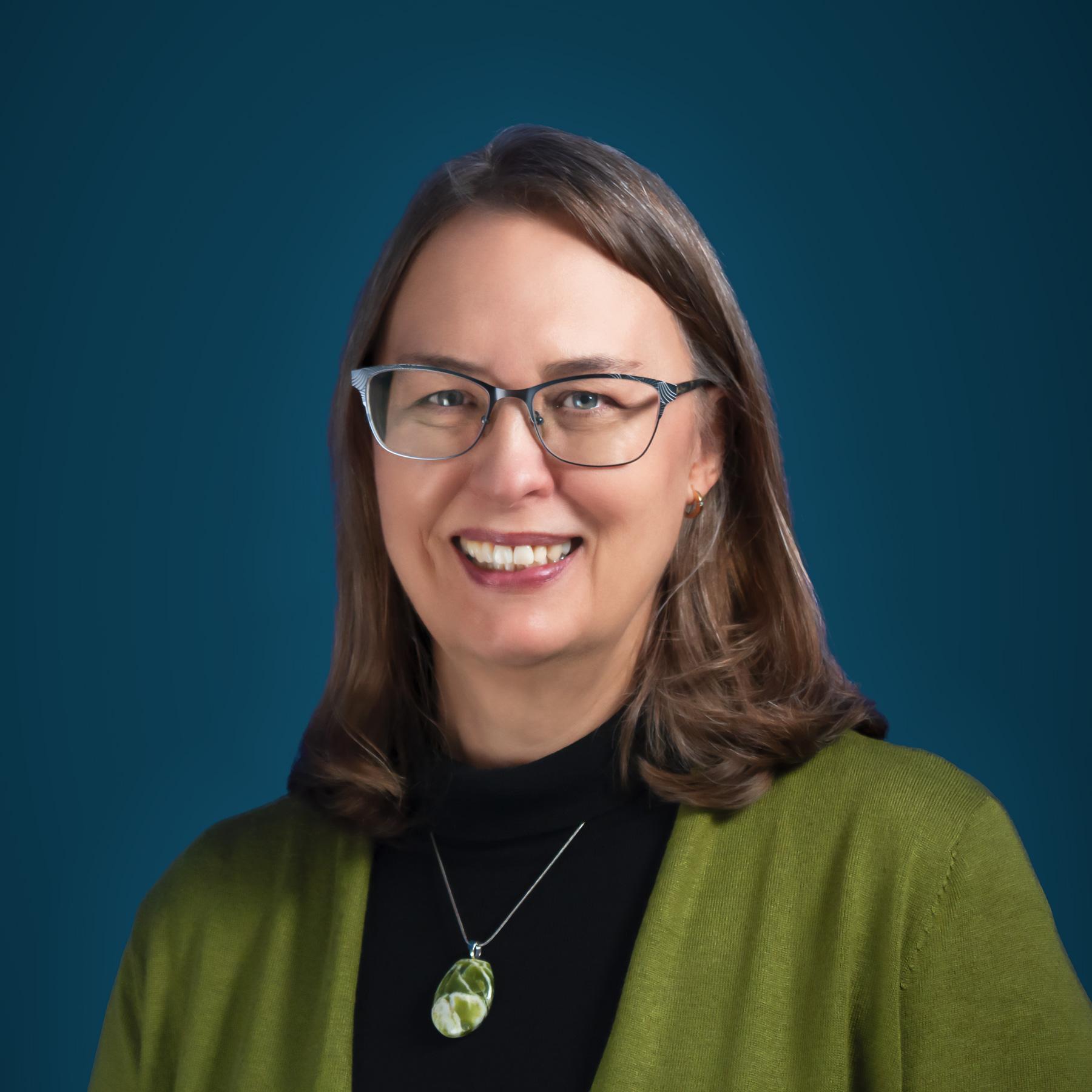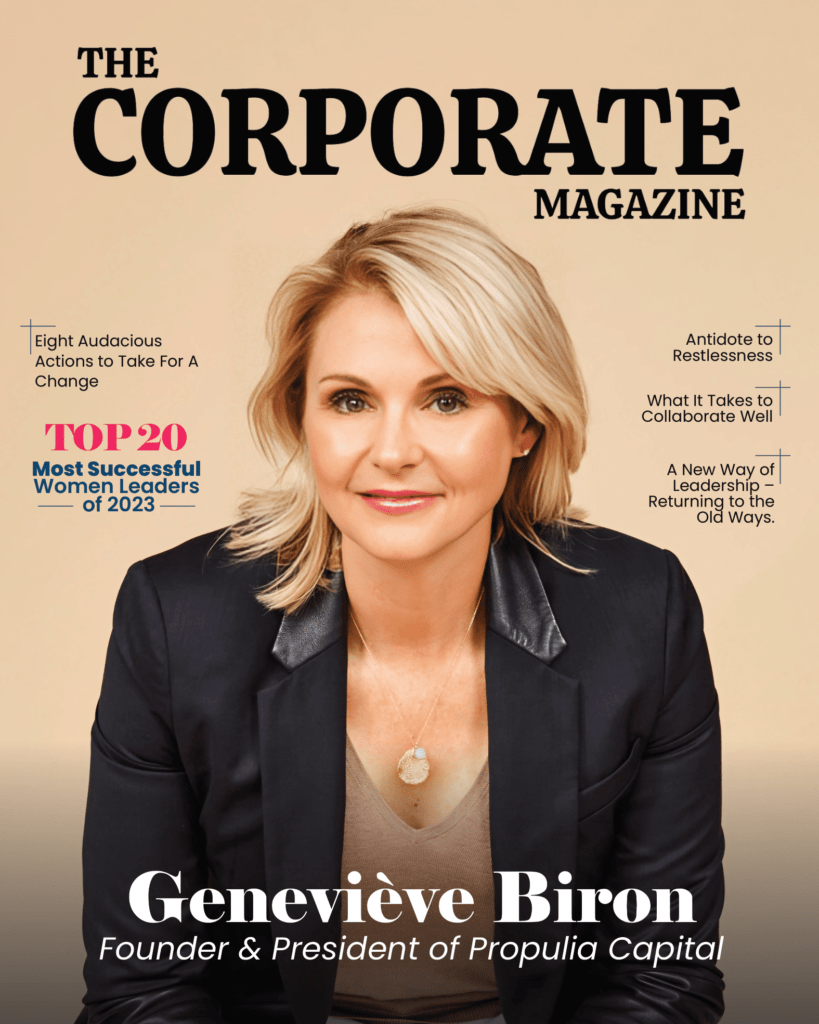also been hailed for empowering her staff to make many necessary and positive transformations since she became CEO. Joan is seen as respectful, committed to working with all levels of staff, thoughtful, considerate, compassionate, and kind. “I always strive to be open and proactive in my communications; to share information and respond to questions in timely way,” says Joan. “The assessment also identified areas for improvement, so I’m currently focusing on developing business plans that work across all museum functions and our four museum locations; improving accountability by clearly articulating measurable results at all levels of the organization and working on my coaching skills to better support my direct reports.”
Becoming A Strong Leader
For Joan, leadership is more than just a title and she particularly likes Brené Brown’s definition of a leader as “anyone who holds themselves accountable for finding potential in people and processes1.” Despite being in senior executive roles for most of her career, it wasn’t until Joan started studying leadership that she began to see herself as a leader. “For me, it’s not about keeping the status quo, or change for the sake of change, but working with my staff to create a museum that’s deeply embedded in our communities and has a positive impact ons everyone we serve,” she says. “That’s been my greatest motivator – the desire to be a place where everyone can see themselves reflected in the Museum. Where people can connect with and learn from each other in ways that build understanding and empathy.” A sense of belonging is a basic human need and contributes to health, happiness, and community cohesion. This sense of belonging is something museums can offer.
1Braving the Wilderness by Brené Brown
Joan aspires to be a servant-leader and would describe her leadership style as very consultative. “I like to work closely with my team as I believe that we come up with better ways to engage with, and serve our communities, when we’re working together,” she elucidates. “I encourage my staff to disagree with my ideas if they believe that they are not in the best interest of the Museum and support them when they come up with innovative ways to improve our processes and services. So much of the WDM’s recent successes is because of our amazing staff.”
Joan strongly believes museums exist to serve their communities. “As the human history museum for Saskatchewan, it is important that we collect and share the collective memories of our diverse communities and histories,” explains Joan. “We aspire to represent Saskatchewan’s diversity in all aspects of the WDM. We want people to see themselves and their histories reflected in our spaces and to create opportunities for engagement, learning and building empathy within the communities we serve.” To achieve this, the WDM is focusing on adding the stories and histories of underrepresented communities into its spaces.
Creating A Brilliant Space
Decolonizing museum spaces has been a significant trend since the Truth and Reconciliation Commission of Canada released its 94 Calls to Action. This, along with becoming more inclusive spaces that reflect all of society’s diversity, is important if museums are going to remain relevant and viable long into the future. Joan’s work is about helping people feel seen and heard. By sharing diverse histories and experiences, she hopes to build understanding and empathy between people with different lived experiences so that everyone can understand each other better.
Most recently, the WDM co-curated Wapaha Sk̄a Oyate: Living Our Culture, Sharing Our Community at Pion-Era, 1955 – 69 with Whitecap Dakota First Nation. This exhibit was developed in the spirit of Reconciliation and partnership. “The exhibit explores each of our perspectives on our shared past as it relates to Whitecap Dakota First Nation’s involvement in the WDM Saskatoon’s annual summer show known as Pion-Era https://wdm.ca/exhibits/whitecap/,” says Joan. “When the exhibit opened, Whitecap Dakota First Nation honoured us with a Grand Entry which included choosing and playing an honour song for the exhibit.”
Integrating technology into exhibits, programming, and the visitors’ experience is another big trend in the museum sector. Utilizing technology for virtual exhibits and programs is allowing the WDM to reach new audiences and increase accessibility in ways that weren’t possible even a few years ago. Joan is looking forward to WDM’s future. They have recently restructured to bring more focus and resources to their community engagement efforts, including creating positions specifically focused on engaging with Indigenous communities and better resourcing the WDM’s volunteer engagement program. “Our work with Indigenous communities is especially important and we are striving to be seen as a leader in how museums can engage meaningfully in Canada’s Truth and Reconciliation efforts,” she adds.





















